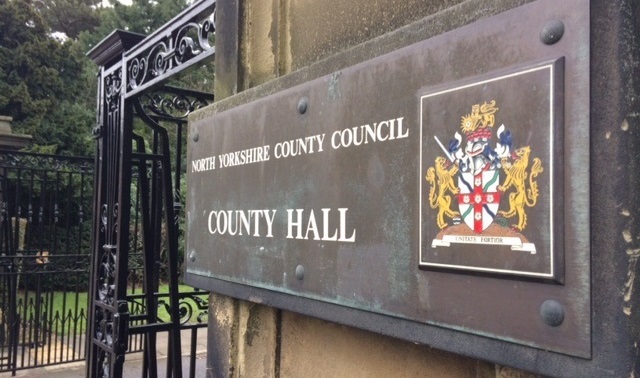
A legal challenge which was designed to increase disabled children’s access to school transport could lead to the service being withdrawn for a mass of pupils or taxpayers left with an annual £1.6 bill.
In response to a private prosecution, North Yorkshire County Council’s executive has unanimously approved dropping charges for all pupils not entitled to free home to school transport, such as those aged over 16.
The move will cut the cash-strapped authority’s income – from charging £490 a year to post-16 pupils and £390 to other pupils – by about £400,000 annually.
Its leaders said it had been left with little option after a legal challenge alleged the authority was committing an offence under the Equality Act by failing to ensure every school bus with more than 22 seats was accessible for wheelchair users.
The identity of the disability transport access campaigner, who has made the legal challenge over Public Service Vehicle Regulations 2000, has not been revealed, but it is understood he does not have children who use school transport.
In a letter to the council’s executive he said: “The school bus forms a social function for many pupils. Segregation is bad for communities and individuals. The negative effect is known and acknowledged in South African and American civil rights history.”
The campaigner said he did not want the council to lose hundreds of thousands of pounds of its income, but said it was an “unintended consequence” of a “moral and legal failure to promote accessible transport provision”.
He said: “I was taking action for disabled pupils to automatically have the opportunity to travel with their peers, normalising provision; and for the council to use its powers and influence to shape transport markets such that there are more accessible vehicles.”
The campaigner said the council’s inaction over many years had led to it facing the financial headache, but members of the executive said they felt the vehicle regulations had been designed for urban areas and would be too costly to introduce in one of England’s most rural counties.
The meeting was told the authority is now facing having to upgrade many of its school buses, which will cost about £1.6m a year – money which will have to be diverted from other key services. Alternatively, the council will also examine no longer accepting pupils who are not entitled to school transport where vehicles are not compliant with the legislation.
The council’s leader, Councillor Carl Les said the situation was a result of the council getting children to school in the most cost-effective way.
He said: “It’s disappointing that we have a private prosecution to a service that has actually been working well for a lot of years.
“We have never had a complaint from a disabled child that has felt disadvantaged because of the fact that the coaches we contract don’t have the facility to carry disabled passengers.”
He said the council used methods other than coaches, such as minibuses or taxis, to make sure disabled children do get to school.
Cllr Les said: “Nobody seems to win in this scenario. We are going to have to change our policy and that is going to cost the county council at least £400,000 and likely to be £1.6m a year, going forward.
“That is money that we are going to have to take out of other budgets and that’s where the great disappointment is. Nobody wants to disadvantage anybody who has a disability – the county council has a good strong record about equalities, but there is a challenge and the law is the law.”
“This is about having a level playing field, that anybody can go on any vehicle, and that to me is not the right approach for home to school transport.”


Be the first to comment